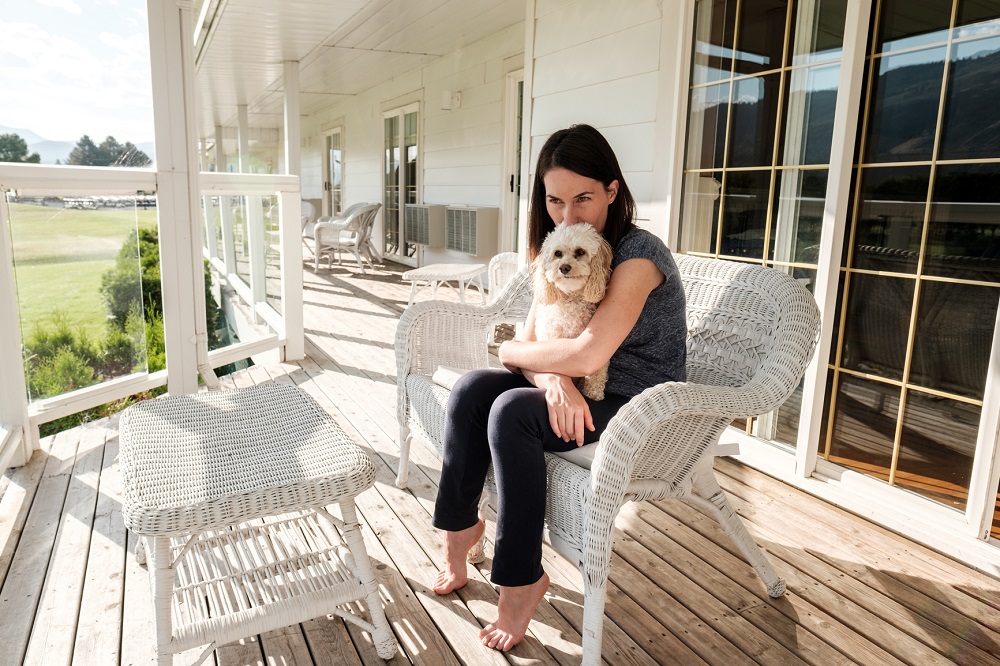
 — Many plant varieties are toxic, so consult the ASPCA’s toxic and non-toxic plant list before choosing blooms for your flower beds, or vegetables for your garden. Among the most dangerous plants are lilies, sago palm, azalea, castor bean, and oleander.
— Many plant varieties are toxic, so consult the ASPCA’s toxic and non-toxic plant list before choosing blooms for your flower beds, or vegetables for your garden. Among the most dangerous plants are lilies, sago palm, azalea, castor bean, and oleander.